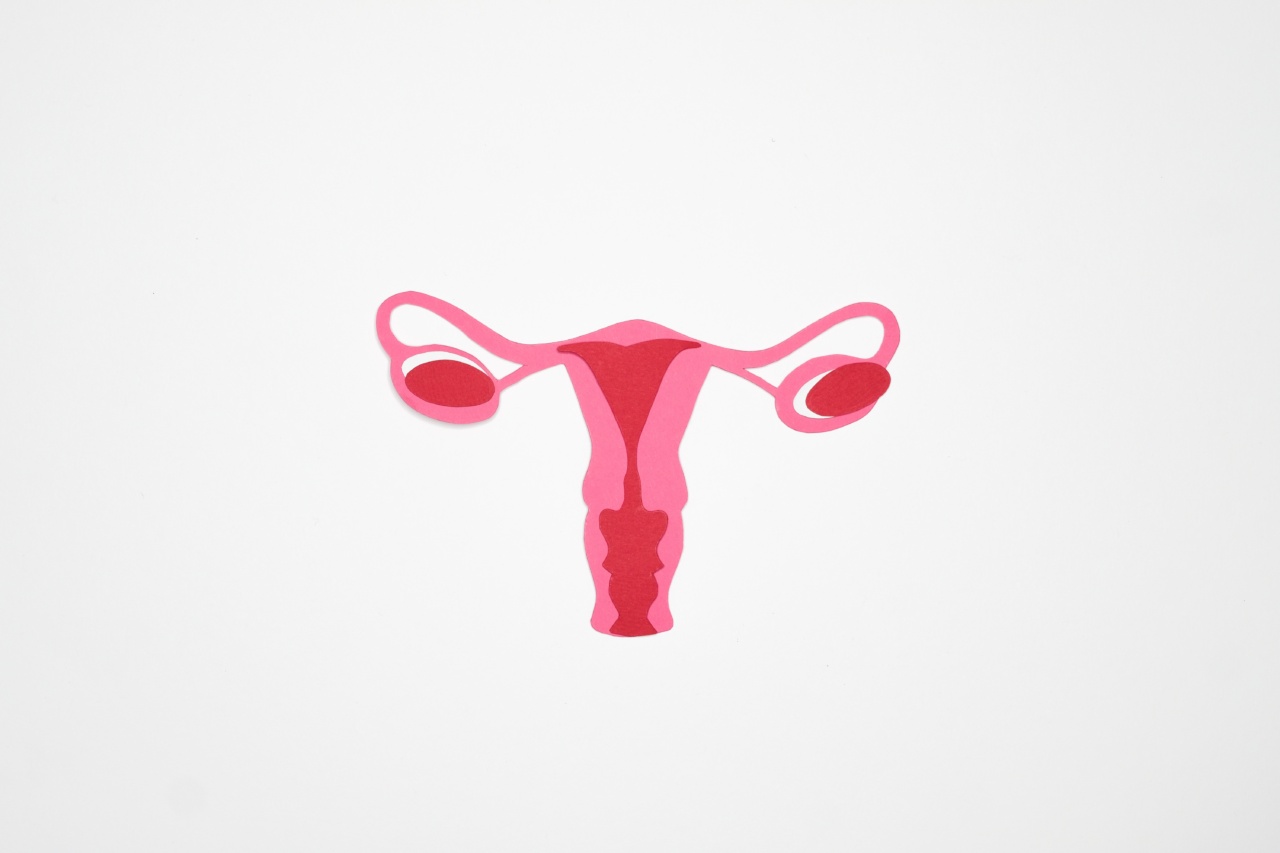Polycystic ovary syndrome (PCOS) is a common hormonal disorder that affects women of reproductive age.
It is a complex condition that is characterized by the presence of multiple cysts on the ovaries, irregular periods, insulin resistance, hormonal imbalance, and other symptoms.
What Is PCOS?
Polycystic ovary syndrome (PCOS) is a hormonal disorder that affects women of reproductive age.
It is a complex condition that is characterized by the presence of multiple cysts on the ovaries, irregular periods, insulin resistance, hormonal imbalance, and other symptoms. Women with PCOS may experience a range of symptoms, including:.
- Irregular periods or no periods at all
- Heavy bleeding during periods
- Excessive body hair growth
- Acne
- Oily skin
- Weight gain or difficulty losing weight
- Infertility or problems conceiving
- Depression and anxiety
The Link Between PCOS and Liver Health
Women with PCOS may be at increased risk of developing liver problems, including nonalcoholic fatty liver disease (NAFLD) and nonalcoholic steatohepatitis (NASH).
NAFLD is a condition in which fat deposits build up in the liver, while NASH is a more advanced form of NAFLD that can cause inflammation and scarring of the liver. Both conditions can increase the risk of liver damage, cirrhosis, and even liver cancer.
There are a number of factors that can increase the risk of liver problems in women with PCOS, including insulin resistance, obesity, and hormonal imbalances.
Insulin resistance is a common feature of PCOS, and it can lead to elevated insulin levels in the body. This can increase the risk of NAFLD by causing fat to accumulate in the liver. In addition, obesity is a common feature of PCOS, and it can further exacerbate the risk of NAFLD by increasing the amount of fat deposits in the liver.
Hormonal imbalances are also thought to contribute to the increased risk of liver problems in women with PCOS.
Elevated levels of androgens (male hormones) in women with PCOS can cause a range of physical symptoms, including hair growth, acne, and oily skin. These hormones can also increase the risk of NAFLD and NASH by causing inflammation in the liver.
Managing PCOS and Liver Health
Women with PCOS can take steps to manage their liver health and reduce their risk of developing liver problems. The following strategies can be helpful:.
- Eat a healthy diet: A healthy diet that is low in saturated fats, sugars, and refined carbohydrates can help to reduce the risk of NAFLD. Instead, focus on eating a diet that is rich in fruits, vegetables, whole grains, and lean protein sources.
- Lose weight: Losing weight can help to reduce the amount of fat deposits in the liver, which can reduce the risk of liver problems. Even a small amount of weight loss can make a significant difference.
- Exercise regularly: Regular exercise can help to improve insulin sensitivity and reduce the risk of NAFLD. Aim for at least 30 minutes of moderate-intensity exercise most days of the week.
- Manage insulin resistance: Insulin resistance is a common feature of PCOS, and it can increase the risk of NAFLD. Speak to your doctor about strategies for managing insulin resistance, such as medication or lifestyle changes.
- Monitor liver health: Women with PCOS should have their liver function tested regularly by a doctor to help detect any potential liver problems early.
Conclusion
Polycystic ovary syndrome (PCOS) is a common hormonal disorder that affects women of reproductive age. Women with PCOS may be at increased risk of developing liver problems, including NAFLD and NASH.
There are a number of factors that can increase the risk of liver problems in women with PCOS, including insulin resistance, obesity, and hormonal imbalances. Women with PCOS can take steps to manage their liver health and reduce their risk of developing liver problems, including eating a healthy diet, losing weight, exercising regularly, managing insulin resistance, and monitoring liver health.

























